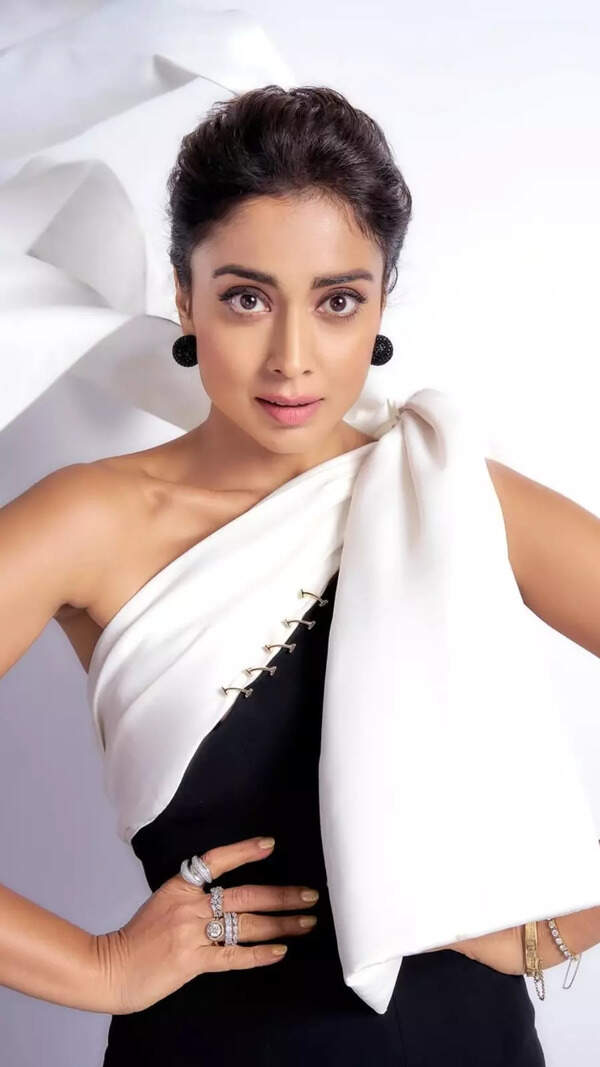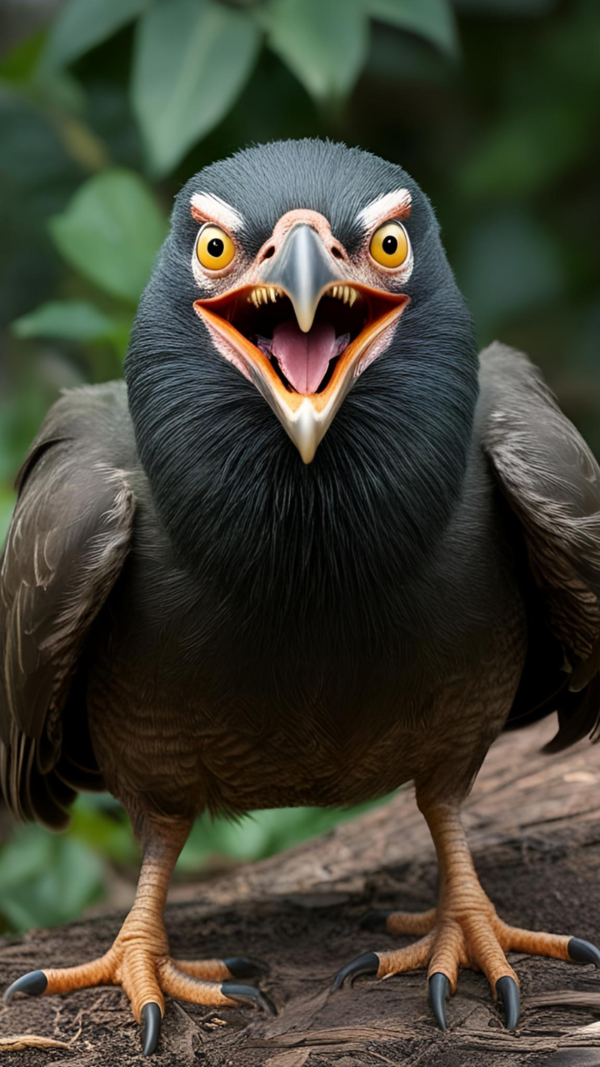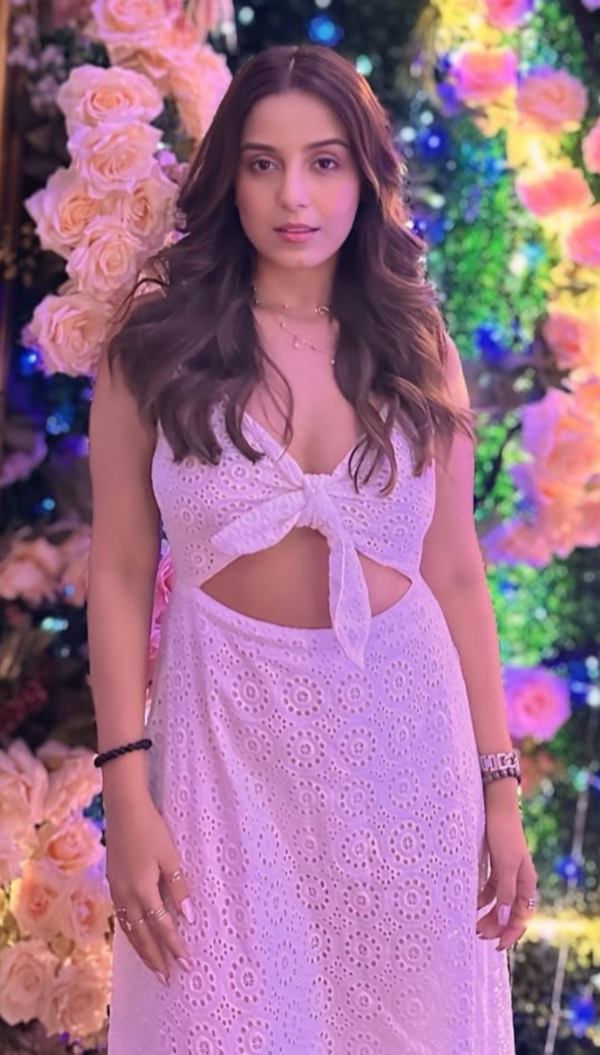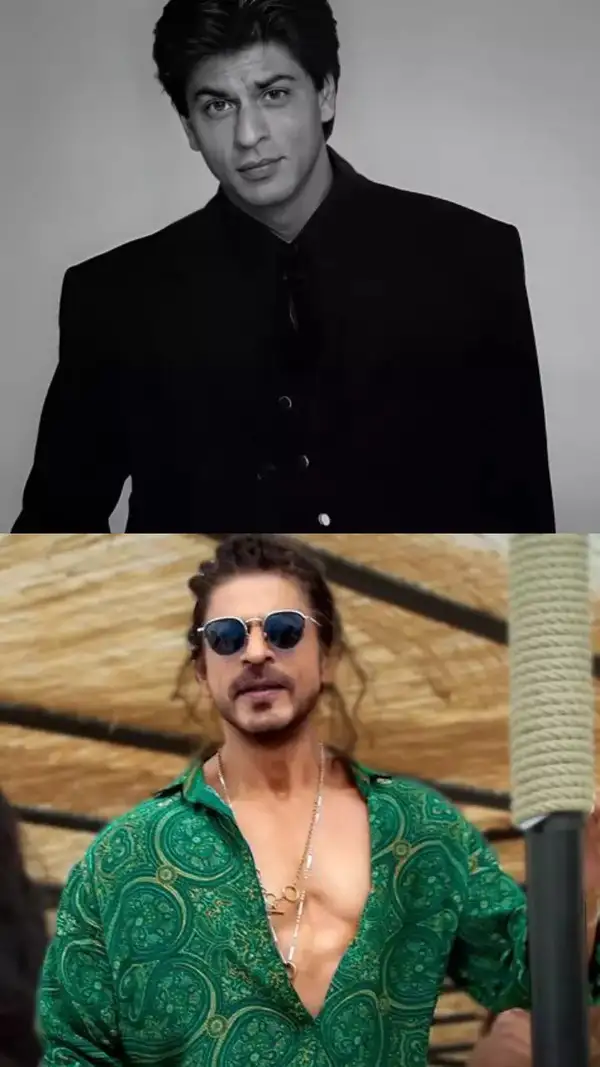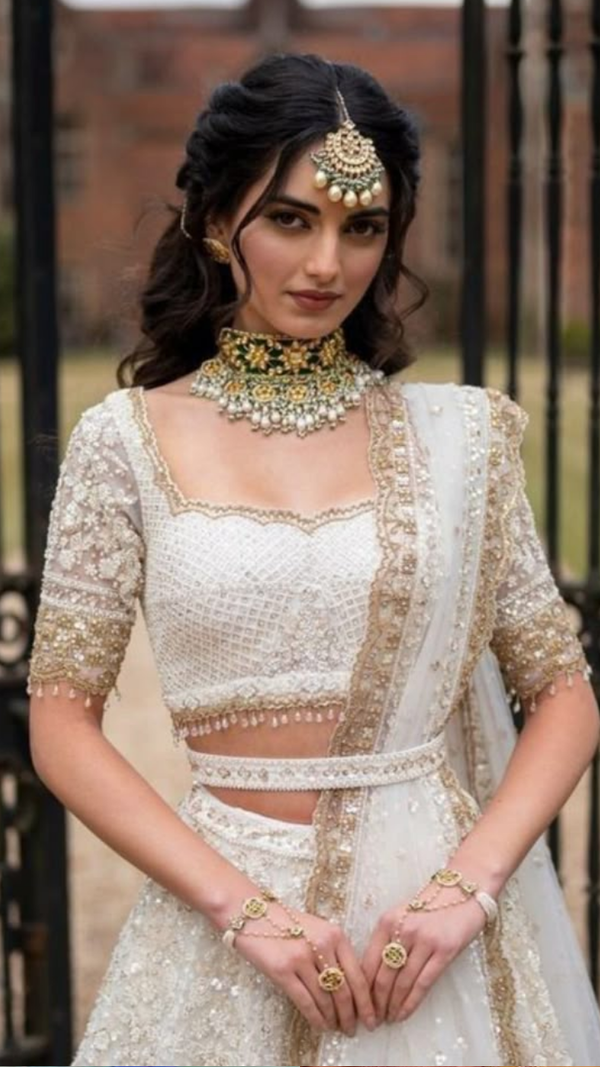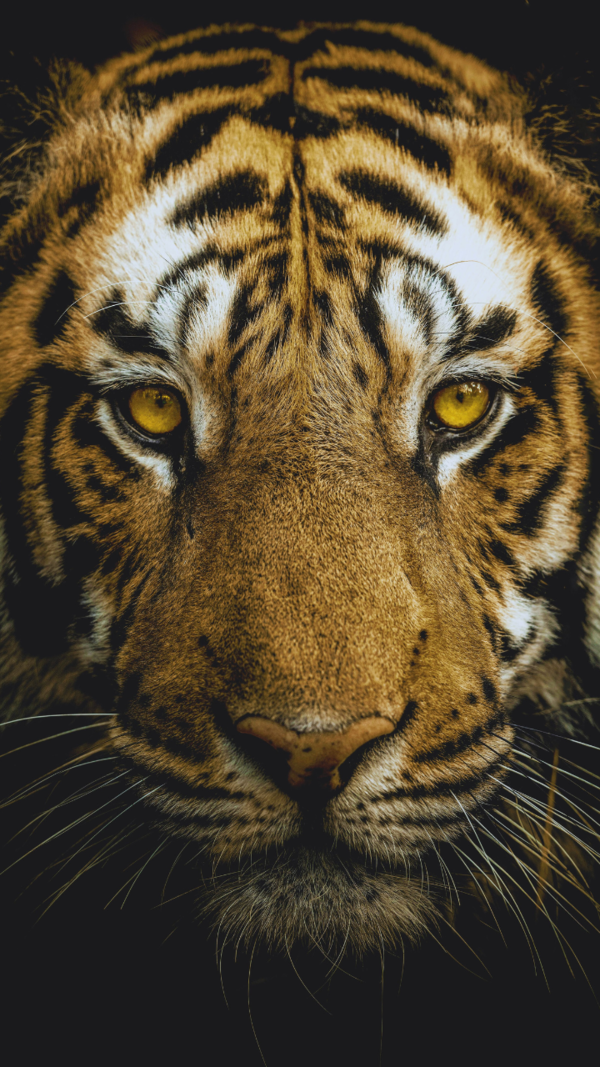- News
- entertainment
- hindi
- bollywood
- Women written by Sanjay Leela Bhansali: Fierce, flawed, and forever iconic
Women written by Sanjay Leela Bhansali: Fierce, flawed, and forever iconic
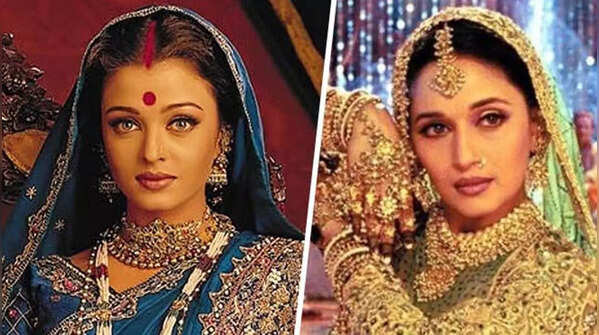
Paro & Chandramukhi – Devdas
In Bhansali’s grand retelling of Devdas, Paro (Aishwarya Rai) is both gentle and fierce — a woman scorned, yet unbending in pride. Chandramukhi (Madhuri Dixit), a courtesan with a heart full of unspoken pain, radiates dignity and quiet strength. Both are emotionally charged characters navigating love and loss on their own terms.

Leela – Goliyon Ki Raasleela Ram-Leela
Deepika Padukone as Leela is raw passion and unfiltered rage. She’s sensual, outspoken, and unafraid to challenge authority. She chooses love despite knowing it may destroy her. Leela is a woman who doesn’t just love — she fights for it.

Mastani – Bajirao Mastani
Mastani, played with haunting intensity by Deepika, is Bhansali’s tribute to undying love. A warrior, a poet, and a mother, she’s both steel and silk. Her devotion isn’t submissive — it’s empowering. She lives and dies on her own terms, making her one of Bhansali’s most iconic heroines.

Padmavati – Padmaavat
Regal, stoic, and almost mythic — Rani Padmavati (Deepika again) is not a woman of many words, but her silence speaks volumes. Her composure in the face of war, obsession, and death makes her ethereal. Whether you agree with her final choice or not, Bhansali presents her as a symbol of unwavering honor.

Bibbojaan – Heeramandi
In Heeramandi, Bhansali finally enters a world fully dominated by women — courtesans, queens of their own domain. Manisha Koirala as Bibbojaan is all elegance and manipulation, while Sonakshi Sinha’s Lajjo is aching vulnerability masked with performance. These are women shaped by politics, survival, and sisterhood.

Gangu – Gangubai Kathiawadi
Alia Bhatt’s Gangubai is the most defiant of all. From a naive girl betrayed by love to a brothel madam fighting for sex workers’ rights, she’s gritty, gutsy, and unforgettable. Bhansali strips away romanticism here and shows us a woman who thrives in a man’s world — and doesn’t flinch while doing so.
